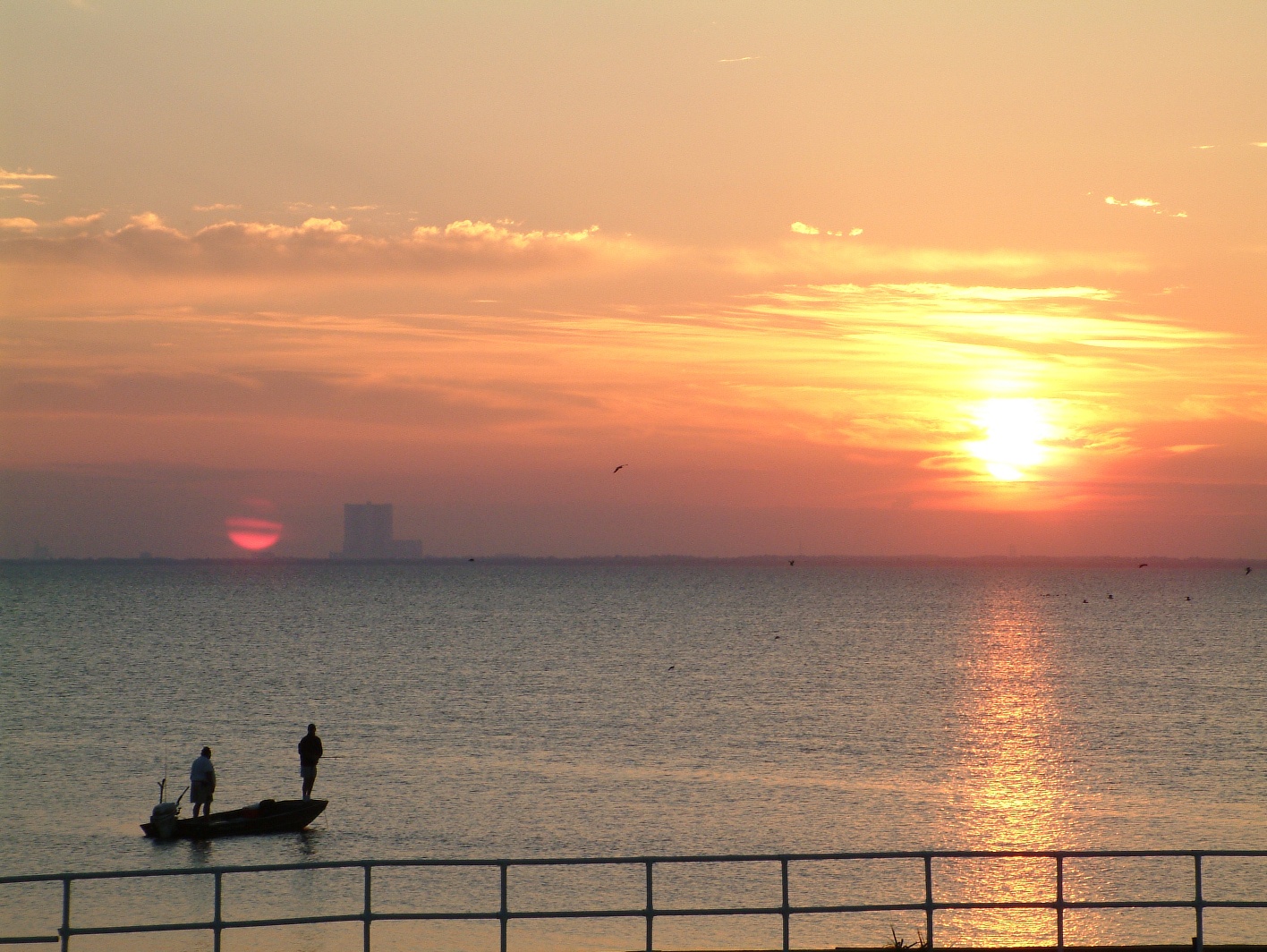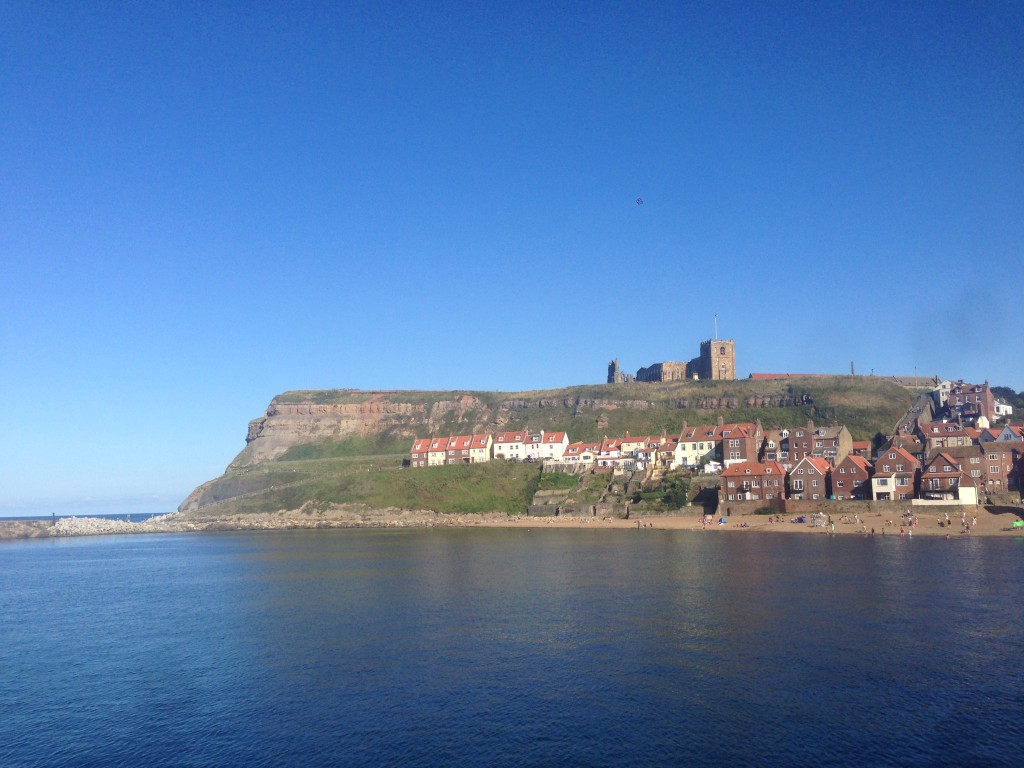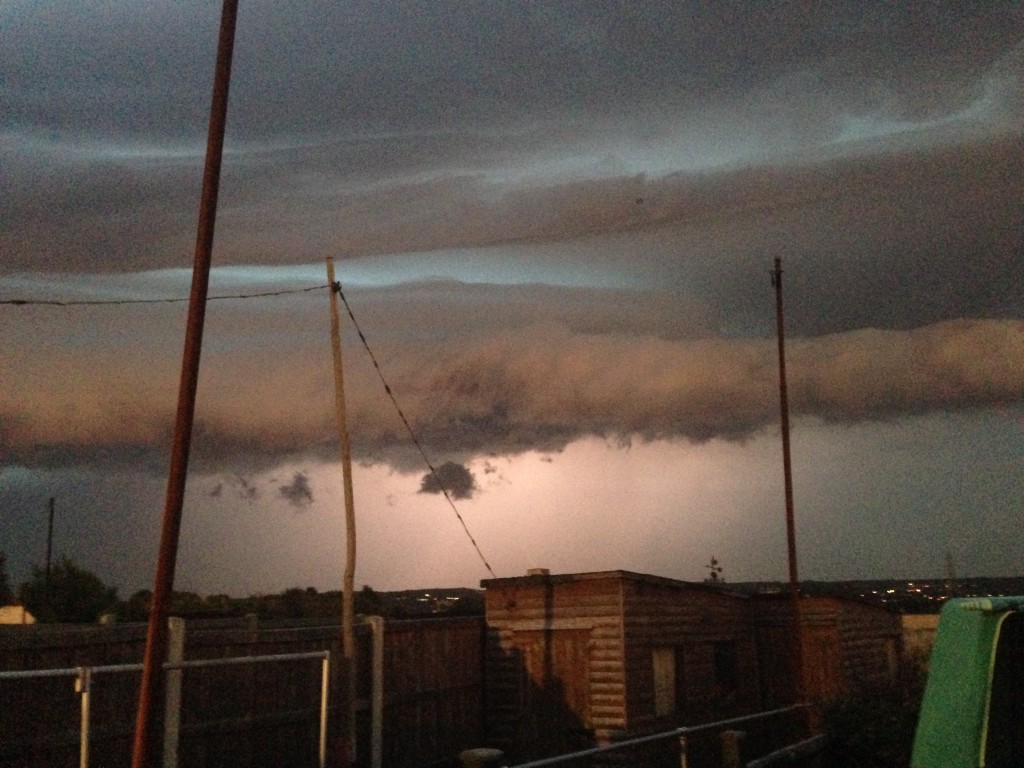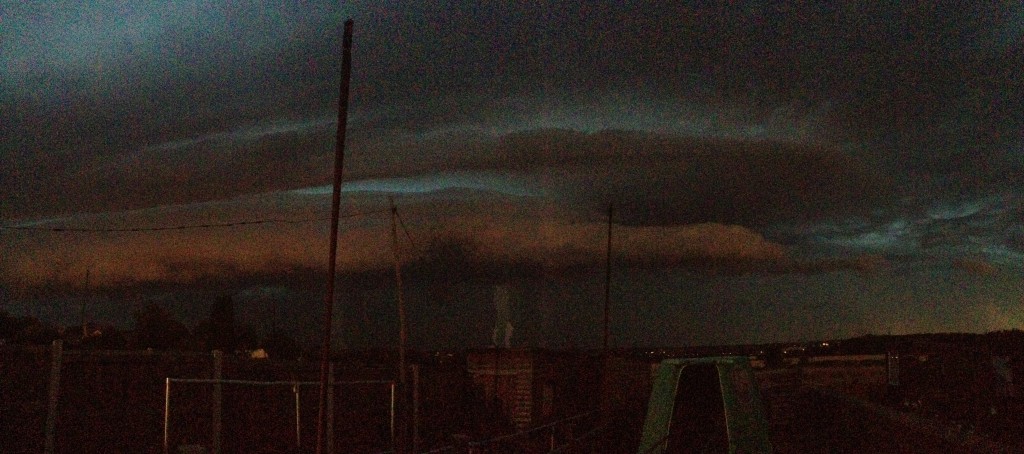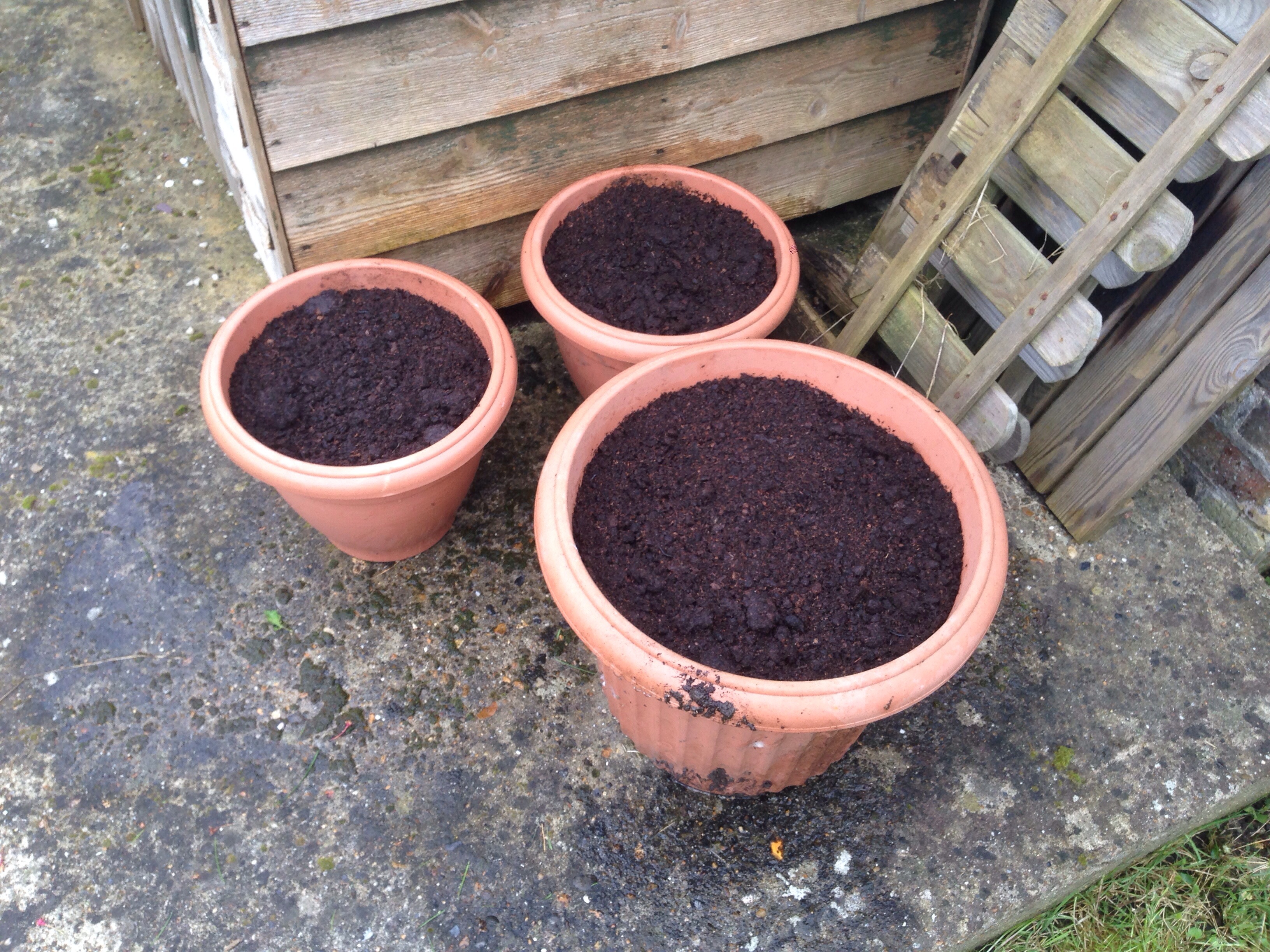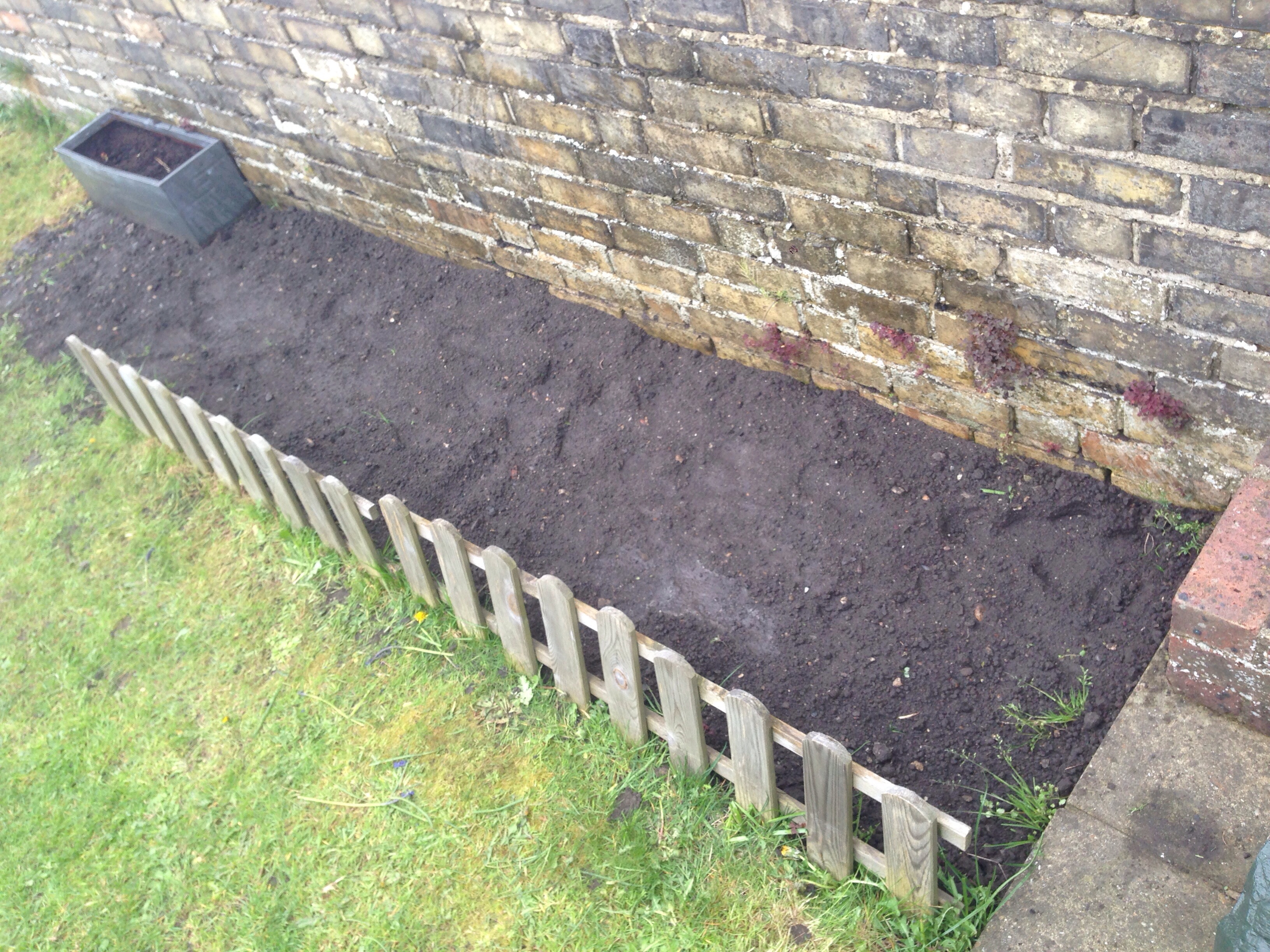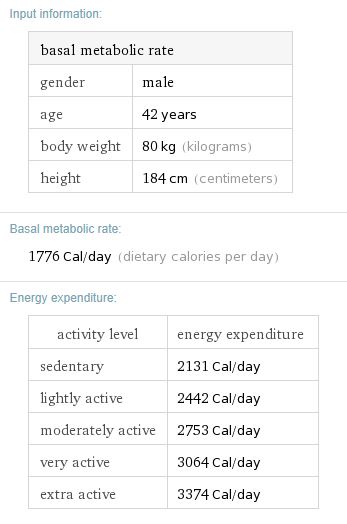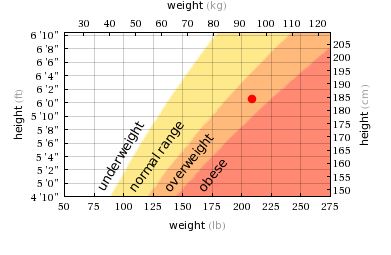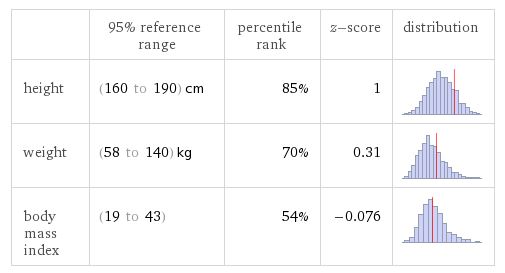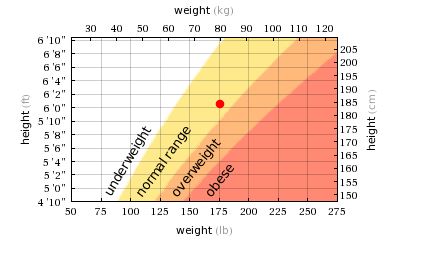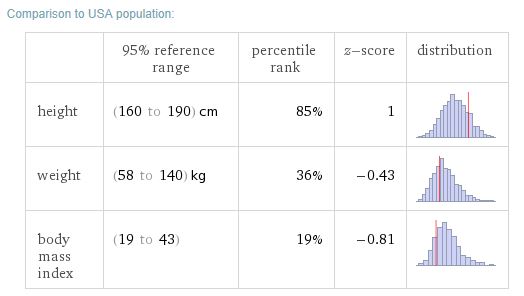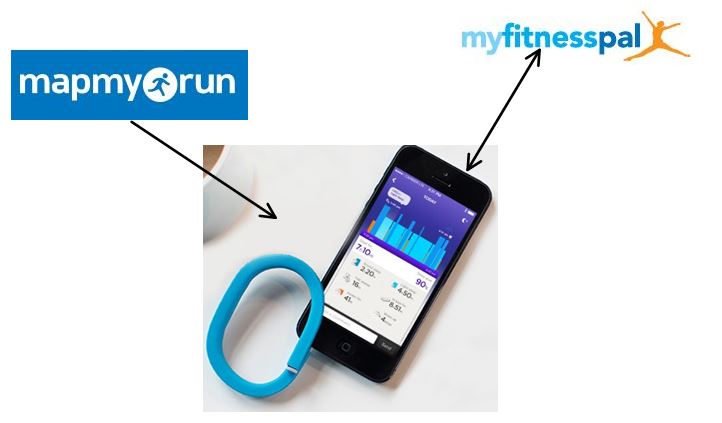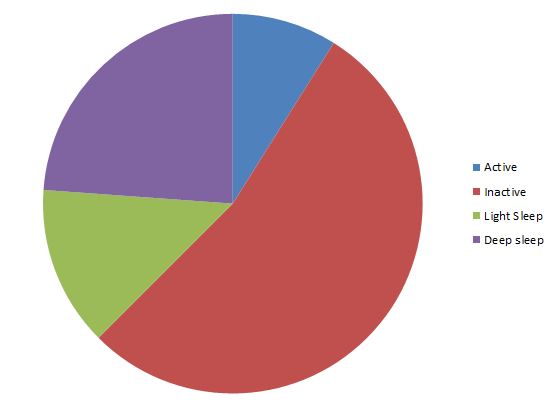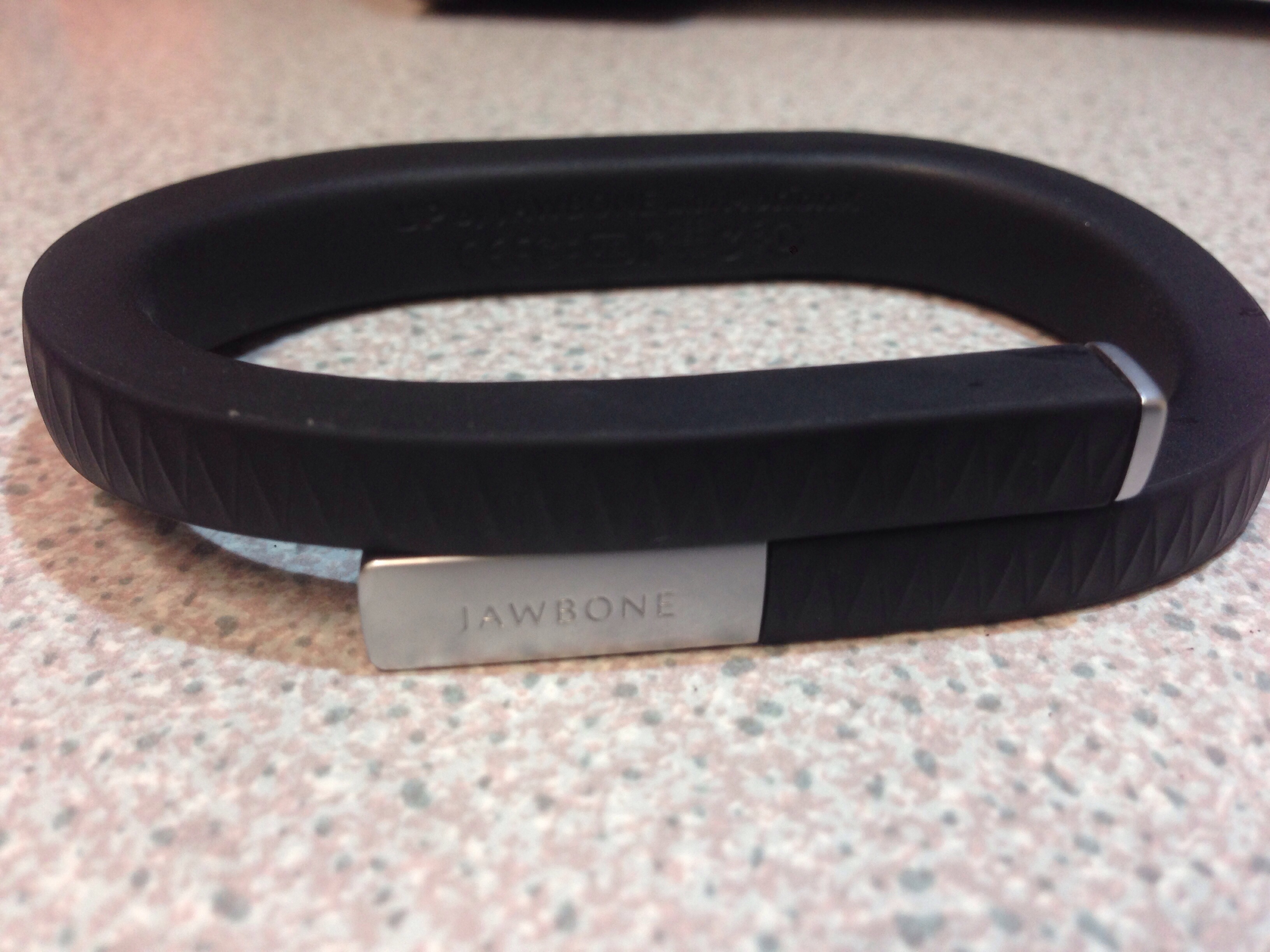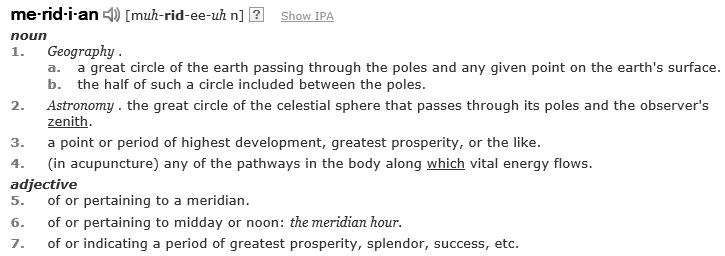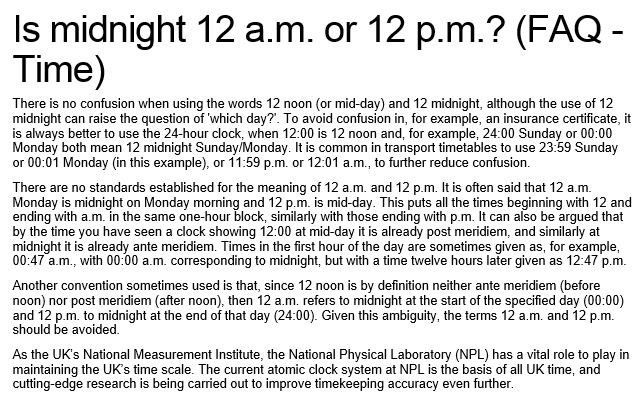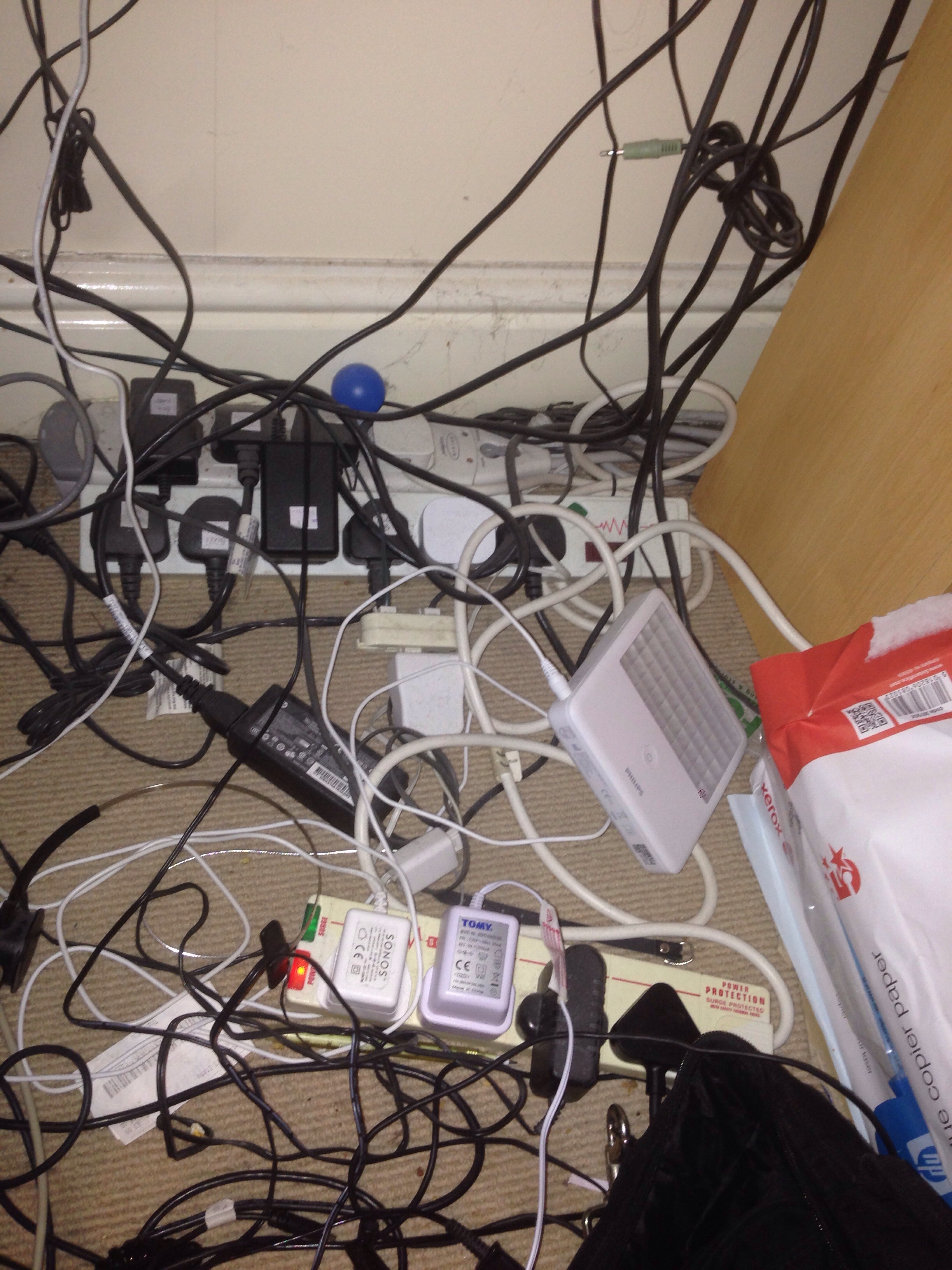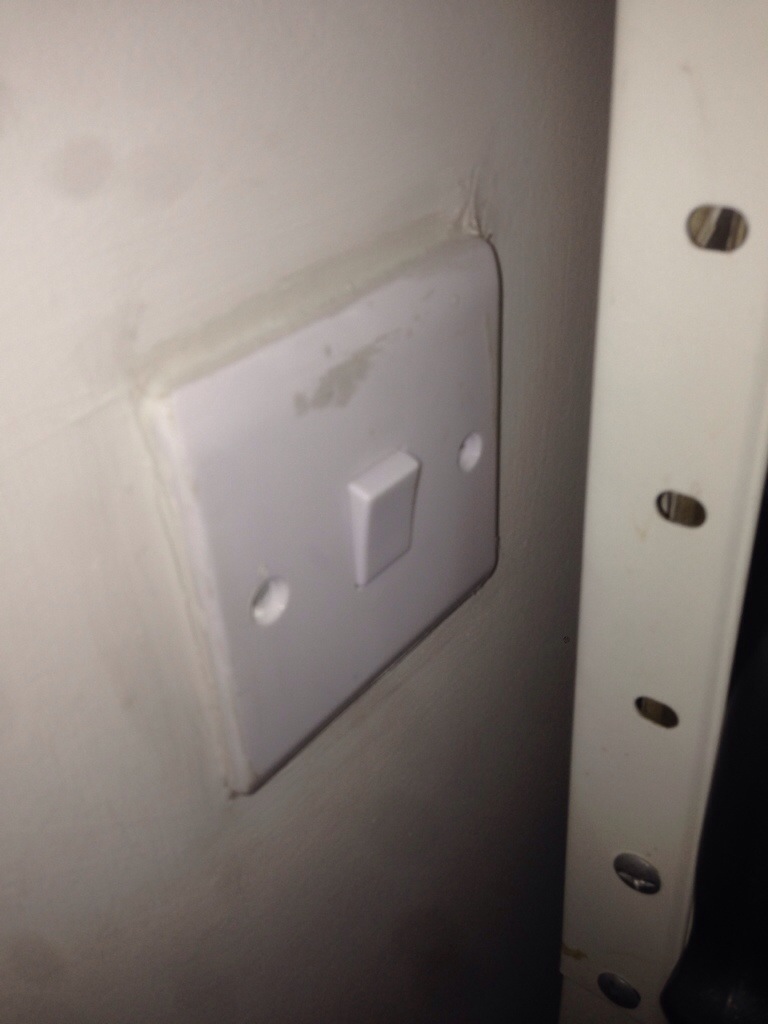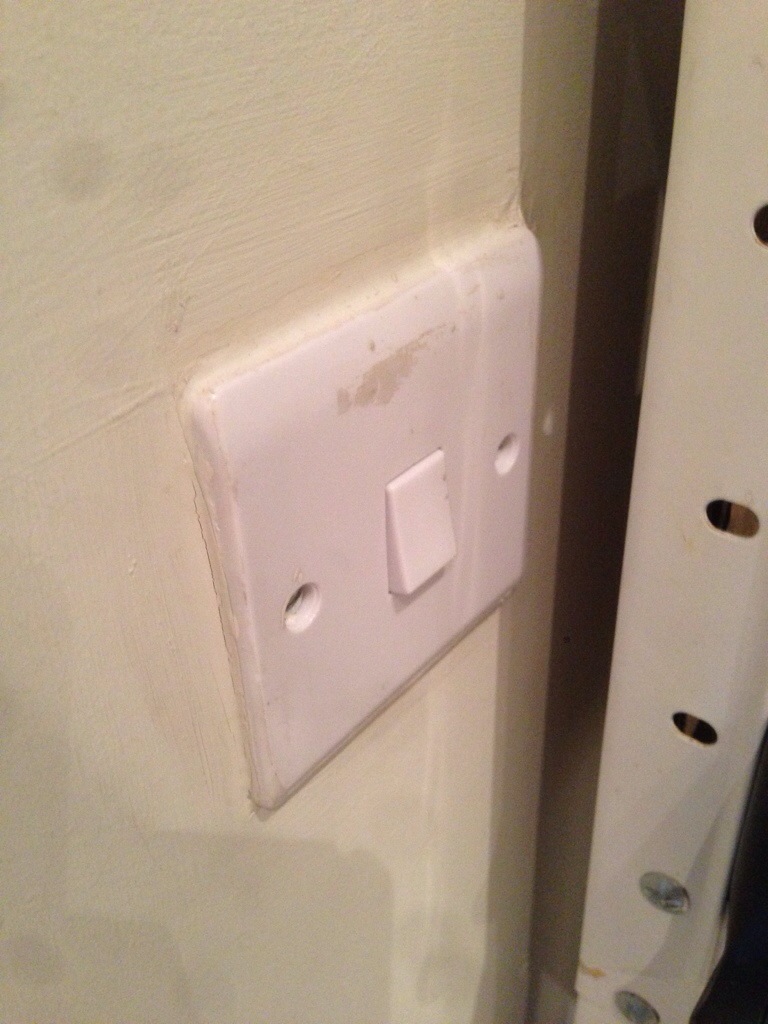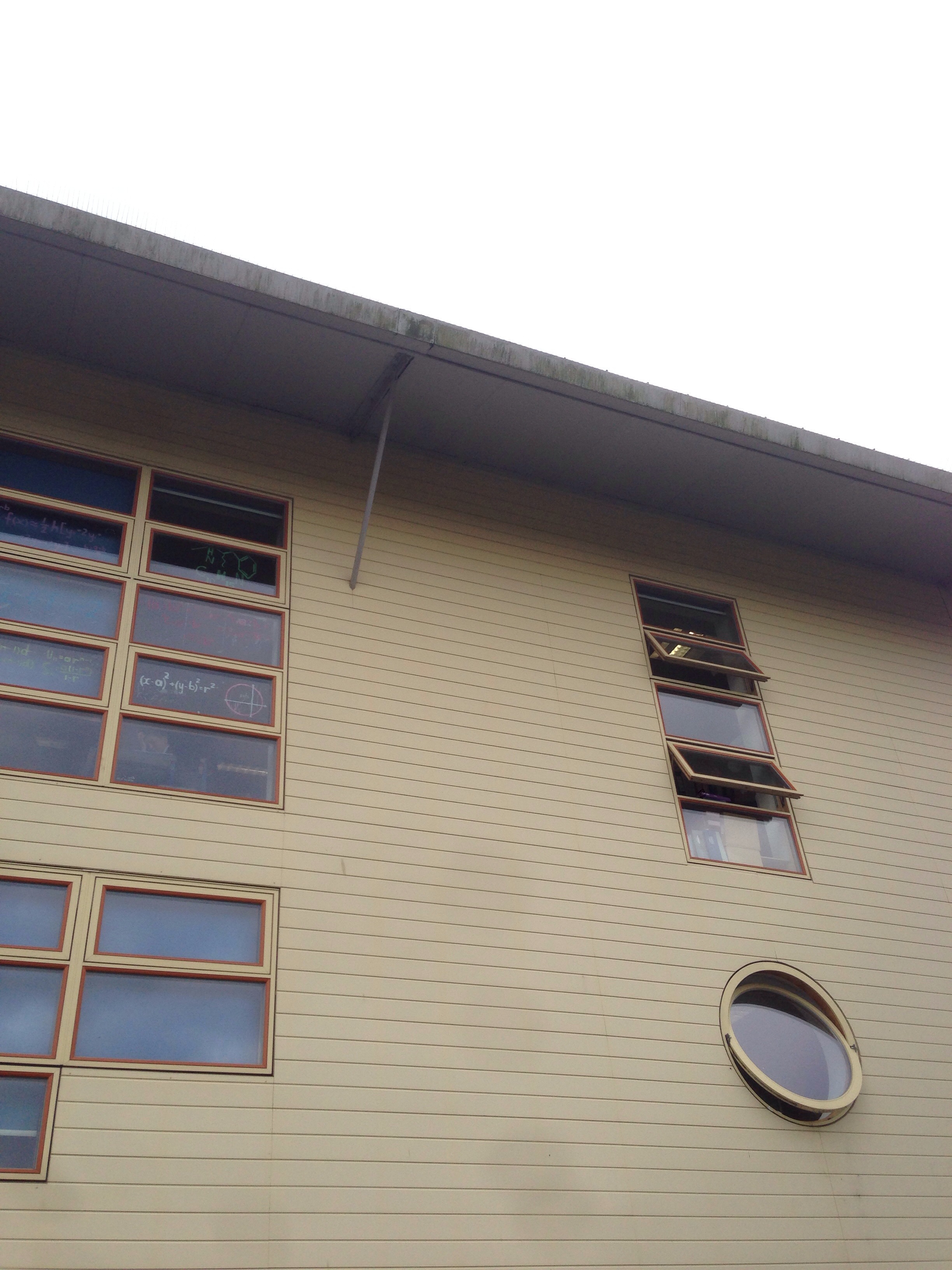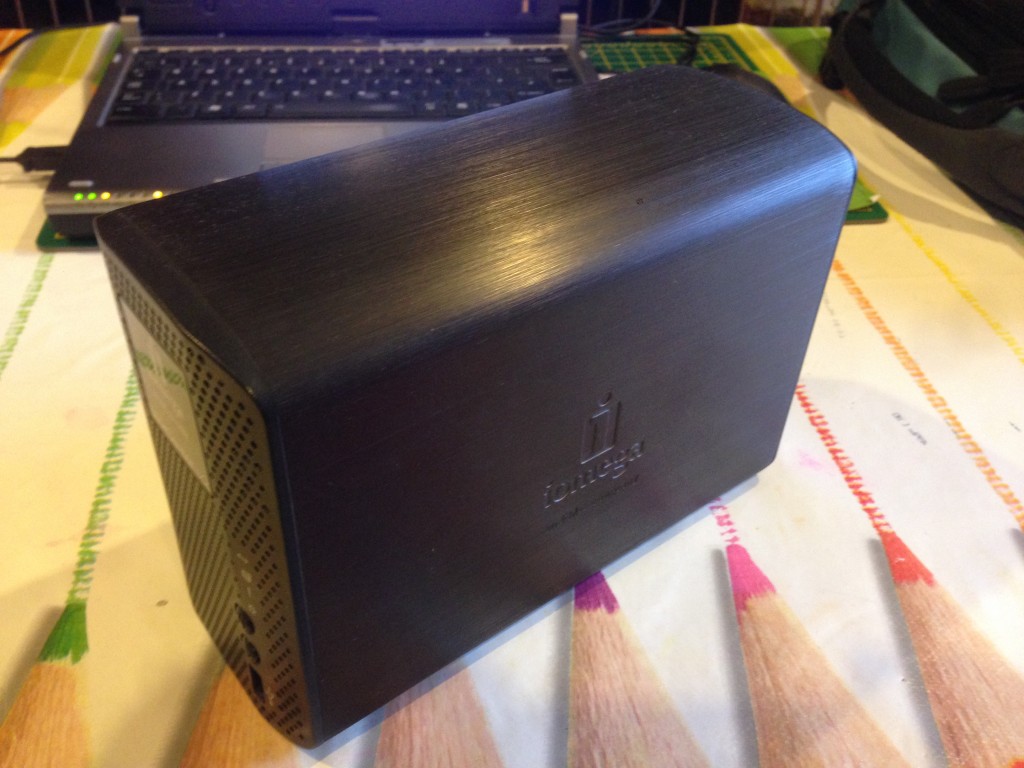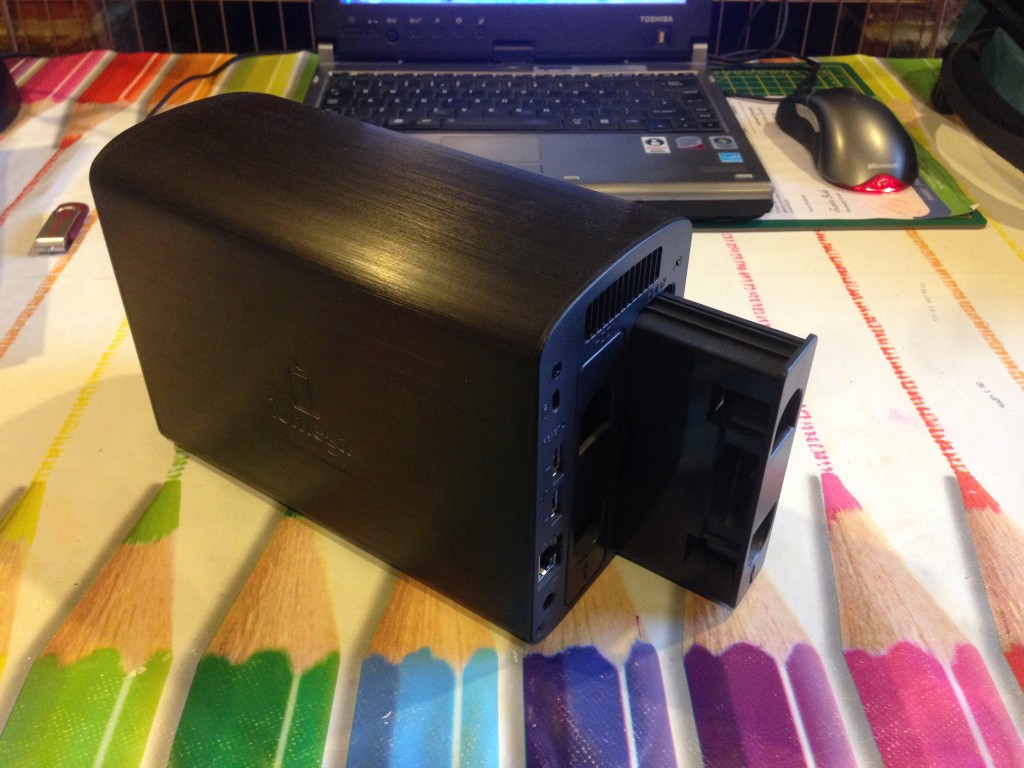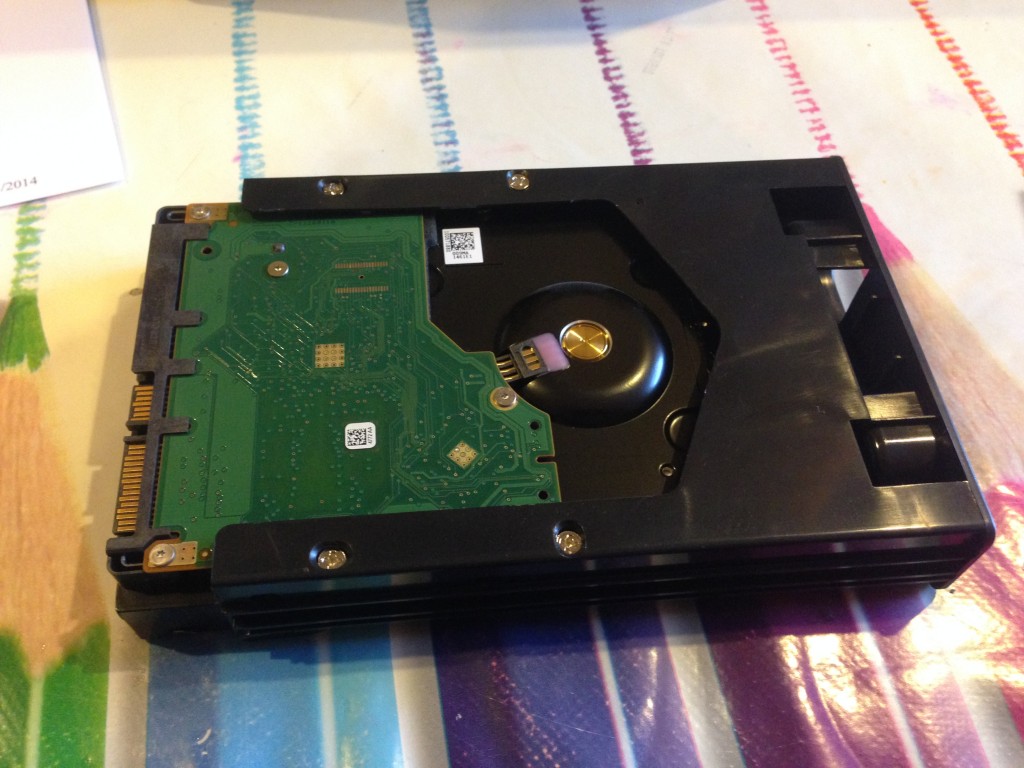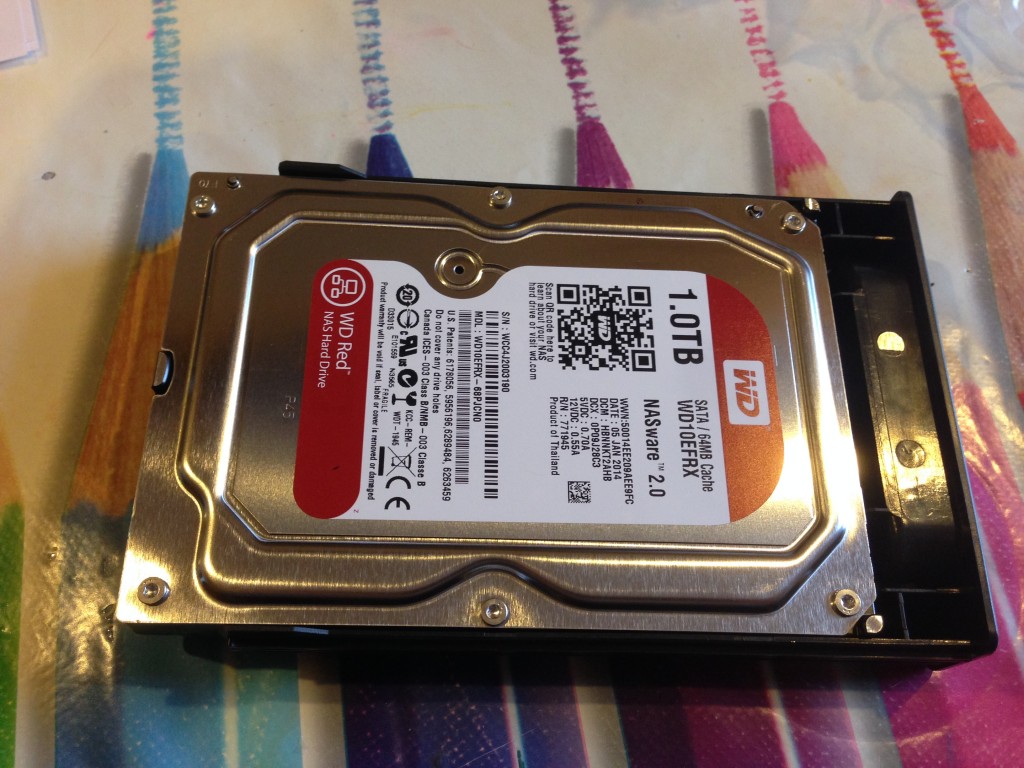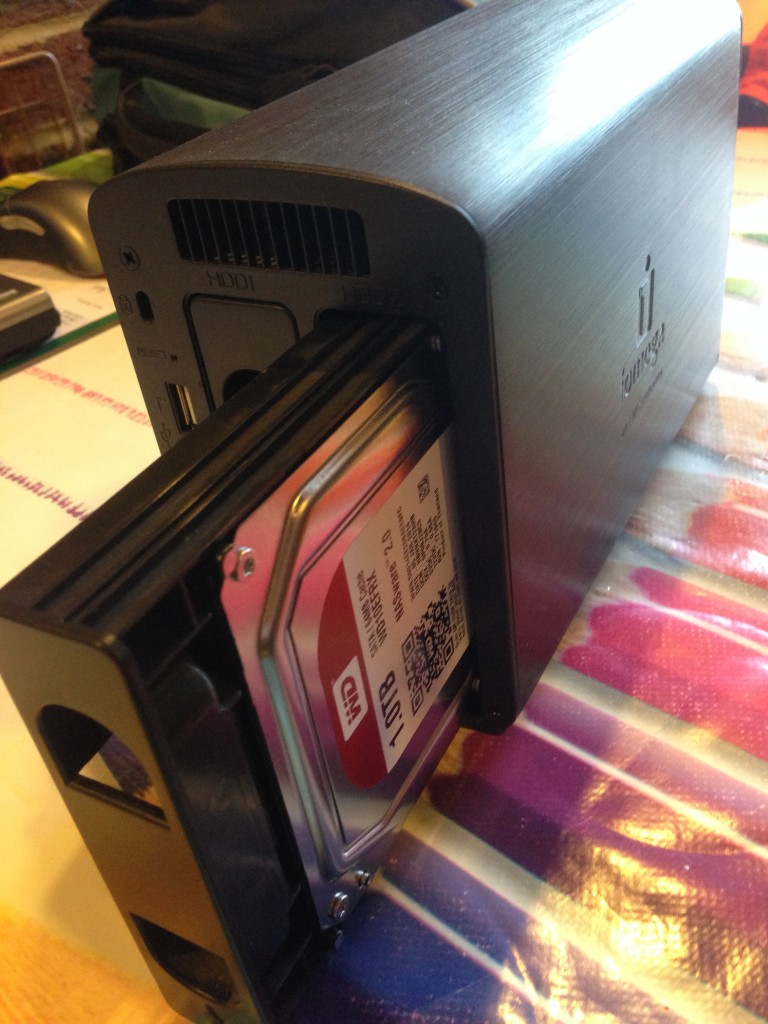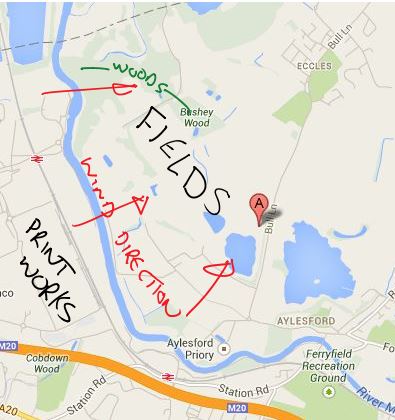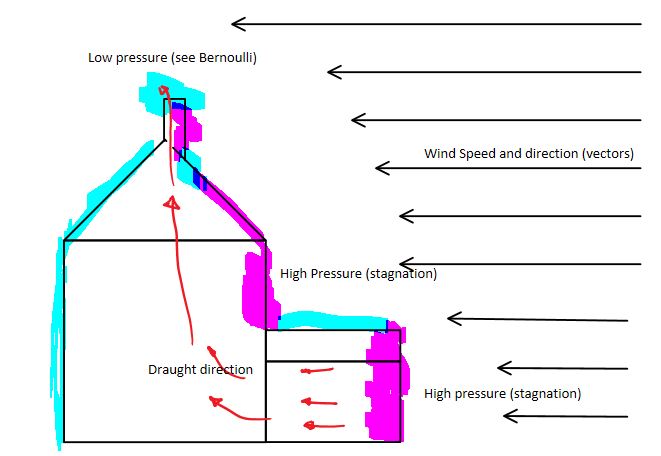Introduction
Osteopathy is a treatment that is prevalent in the area I live. There are 60 results of osteopaths within 10 miles of Maidstone for comparison there are 46 osteopaths (from Yell.com) within 10 miles of Bristol. Close to Maidstone is the European School of Osteopathy. There are many osteopaths working in Kent and many people I know see osteopaths and probably pay reasonable sums of money for the sessions.
What I aim to do here is look into the history of osteopathy, what osteopathy is and the medical efficacy of osteopathy to treat various conditions. Although I will admit up front to being very sceptical of osteopathy as a treatment and I would describe myself as a free thinking, religious free, sceptic however, I will try to give a balanced view. If you think I have made errors of fact then please let me know. If I have written opinions with which you disagree then keep it to yourself.
The History
Osteopathy started in 1874 in the USA. A school was started in 1892 and the term osteopathy was coined. Andrew Still, the founder, was dissatisfied with the limitations of conventional medicine and chose to award DO or Doctor of Osteopathy degrees. Osteopathy as a practice spread and is commonly practised around the world. [1]
What Is Osteopathy?
Osteopathy is a form of healthcare that emphasises the interrelationship between structure and function of the body. Osteopaths claim to facilitate the healing process by the practice of manual and manipulative therapy. [2]
Classical Osteopathy
This is a traditional form of osteopathy where practitioners claim to be able to heal infections and diseases with manipulations which unblock the body’s mechanisms for transferring fluids. [3]
The John Wernham College of Classical Osteopathy is an example of classical osteopathy practised in Maidstone. They have made claims in the past of being able to treat diseases with osteopathy. They were told to change their claims by the ASA who found there was no good evidence to support their claims. I know about this because I challenged their claims through the ASA. [4]
Modern Osteopathy
Is a mixture of treatments applied by people trained in the physiology of humans. This is what the European School of Osteopathy says:
The ESO has always had a broad approach to osteopathic education, covering a wide range of osteopathic modalities and concepts at undergraduate level. This includes a full range of structural osteopathic techniques, General Osteopathic Treatment (GOT), studies in the cranial field (Involuntary Mechanism studies), Balanced Ligamentous Tension techniques, Muscle Energy Technique (MET) and Visceral osteopathy. Students receive a good grounding in obstetric and paediatric osteopathic care and are able to see a wide range of patients within the teaching clinic, including some time spent in the specialist Maternity and Children’s clinics. [5]
Efficacy
It is vitally important to know whether a treatment works or not before it is endorsed. I will briefly cover medical trials and how we know what works and what doesn’t.
The best form of medical evidence is a double-blind randomised controlled study. The worst form of medical evidence is a collection of anecdotes. Reading and interpreting medical trials is pretty much an academic discipline in itself. I shall do my best here to explain. [6]
Medical trials need to be randomised and controlled. There should be a control group that receives either no treatment, the next best treatment or sham treatment. The participants should be divided between groups randomly. The participants should not know which group they are in. The people administering the treatment should not know which group they are in. All scientific evidence shows that knowledge of what you receive increases your chance of it “working”.
The placebo effect is mentioned a lot in medical trials. The placebo effect is a misnomer. The placebo is no effect at all. In trials where subjective reporting is used people will report feeling better even if they have had no effective treatment. In trails where objective outcomes are measured there is no effect when there is no effective treatment. For example, in an asthma trial, people who were in the placebo wing reported that they felt more able to breathe but when this ability was measured it was no different. The placebo is just the fact that humans will feel better but that they are not actually any better. This is why anecdote is useless. [7]
Acupuncture often shows to be as effective as sham acupuncture in studies. In essence “real” acupuncture is as effective as “sham” acupuncture. This is the placebo effect. Objective measurements show no difference between the two groups.
For evidence of efficacy each condition being treated must have its own trial. It is not acceptable for a therapy to claim that just because it works for lower back pain it is also effective at treating upper back pain. We would not accept a drug that is good for healing tonsillitis to also be able to heal athletes’ foot. It would need to be tested in both circumstances.
Good scientific evidence for a medical treatment can be considered to be double-blind placebo controlled randomised trials with a good structure and well defined aims. From this “gold standard” the quality of the evidence deteriorates as more freedom is introduced into the trial. Scientists always qualify what they say with the terms good/excellent/limited/variable evidence for something. That is because scientists do not work in absolutes. Even with something as obvious as evolution or gravity scientists will talk about the overwhelming evidence and not that it “is”.
So I shall look for good scientific evidence that osteopathy works in a variety of medical problems. My sources for this will be The Cochrane Collaboration, the NHS and NICE (The National Institute for Health and Clinical Excellence). PubMed has a wealth of papers published about osteopathy but there is too much for me to read through, especially when looking at each initial problem that is being treated. If you look through these yourself please make sure that you understand statistics, causation and the flaws in designing medical trials.
The National Health Service and NICE
The NHS Choices website explains that there is good evidence that osteopathy is an effective treatment for lower back pain and there is limited evidence that it may be effective for other neck, shoulder or lower limb pain [my emphasis]. There is no good evidence that it is effective for any other form of condition. [8]
The NHS Choices website then explains that osteopathy is considered an “alternative” or “complimentary” therapy, i.e. not medicine and therefore doesn’t work.
Osteopaths may use some conventional medical techniques, but the use of osteopathy is not always based on science.
This means that the good bits are what we would call medicine and the rest is not.
Cochrane Collaboration
This is an organisation that reviews all the medical trials available to come to valid conclusions for the treatments being suggested.
Osteopathy and pain control during childbirth:
We found six studies, with data available from five trials on 326 women, looking at the use of massage in labour for managing pain. There were no studies on any of the other manual healing methods. The six studies were of reasonable quality but more participants are needed to provide robust information. We found that women who used massage felt less pain during labour when compared with women given usual care during first stage. However, more research is needed. [9]
Let me interpret this for you. Women who had massage and other nice things done to them during childbirth “felt” less pain. This is a subjective measurement and means nothing in terms of actual reductions. The last sentence asking for more research essentially says that although this is interesting there aren’t enough data for the results to be conclusive.
Osteopathy, manipulations and period pains:
The review of trials found no evidence that spinal manipulation relieves dysmenorrhoea. [10]
‘nuff said.
Osteopathy and infant colic:
Although five of the six trials suggested crying is reduced by treatment with manipulative therapies, there was no evidence of manipulative therapies improving infant colic when we only included studies where the parents did not know if their child had received the treatment or not. [11]
So, when the patients were blinded there was no improvement. Often with “alternative” therapies the better designed the trial the effectiveness disappears.
These trials were looking at things that are more likely to be practised by a traditional osteopath. Curing infant problems and pain not related to the back. In essence, from the information so far osteopathy is only effective for lower back pain and that may be because they use more medical techniques than osteopathic treatments.
In America
In the USA Doctors of Osteopathy are recognised. But as explained by Marc Crislip most leave behind their osteopathic training when they graduate, turning into proper doctors. [12]
It Costs Money
In the UK people generally have to pay to visit an osteopath. It is well understood that paying more for a product invests that person into believing it works. Just look at audio cables. You can pay a fortune for audio cables and when blinded random trials are conducted people are unable to tell the difference between expensive cables and cheap cables. If osteopathy costs a lot of money then you are invested to believe it works and so will feel better. This does not mean that you are any better.
My Conclusion
Osteopathy can be effective for lower back pain.
However, osteopathy cannot be taken seriously. There is scant evidence that it can treat or is effective at treating many of the conditions that it claims. It started as quackery in a time when our medical knowledge was poor. As our medical knowledge has increased it has tried to change to meet new standards and treatments. However, it fails to provide GOOD SCIENTIFIC evidence that it works. Practitioners of osteopathy are mostly either doing regular physiotherapy and modern medicine and so shouldn’t be called osteopaths or they are practitioners of something that just plain doesn’t work.
You can tell it doesn’t work by the company it keeps in shops and practices. As explained in this communication if somewhere offers homoeopathy and something else consider it a red flag to be wary of what they do.
As Tim Minchin says:
“By definition”, I begin “Alternative Medicine”, I continue “Has either not been proved to work, Or been proved not to work. Do you know what they call “alternative medicine” That’s been proved to work?
Medicine.”
As an aside I personally find it appalling that you can gain a SCIENCE degree from studying this stuff at the European School of Osteopathy. There isn’t really any science content in the “science” course. It’s a shame that the University of Greenwich validates this. [13]
References
1. Wikipedia page on osteopathy. Link
2. Glossary of Osteopathic Terms. Link
3. Wikipedia page, section “Scope of manual therapies”. Link
4. Advertising Standards Authority ruling on Wernham clinic. Link
5. European School of Osteopathy pages. Link
6. Wikipedia page on clinical trials. Link
7. A description of the placebo effect. Link
8. NHS Choices. Link
9. Cochrane Collaboration. Pain control in childbirth. Link
10. Cochrane Collaboration. Controlling painful periods. Link
11. Cochrane Collaboration. Manipulative therapies for infantile colic. Link
12. Science Based Medicine – Marc Crislip. Link
13. ESO Courses validated by the University of Greenwich. Link
This is my first proper article on this website and it’s taken six hundred communications before I got there. I’ve tried to include some links to specific claims and I will add some when I find the sources. Most of my knowledge on this matter comes from years of reading Scientific American and listening to some excellent podcasts on the matter “Skeptics’ Guide To The Universe” and “Skeptics With A K”. I do not claim to be an expert. I do not claim to understand everything but my understanding is that most of what an osteopath practises is not science and has little evidence to support it. I have written this in good faith.
If you have something factual you would like to correct then email me (ianparish@gmail.com) and I will do my best to correct what is factually incorrect. If you really want to impress me then send me the links or papers of good medical trials for osteopathy and other conditions to show it is effective. I will gladly change my mind if the evidence shows I am wrong. That’s what being a rational thinker is about. Accepting good evidence and changing my views if needed.
